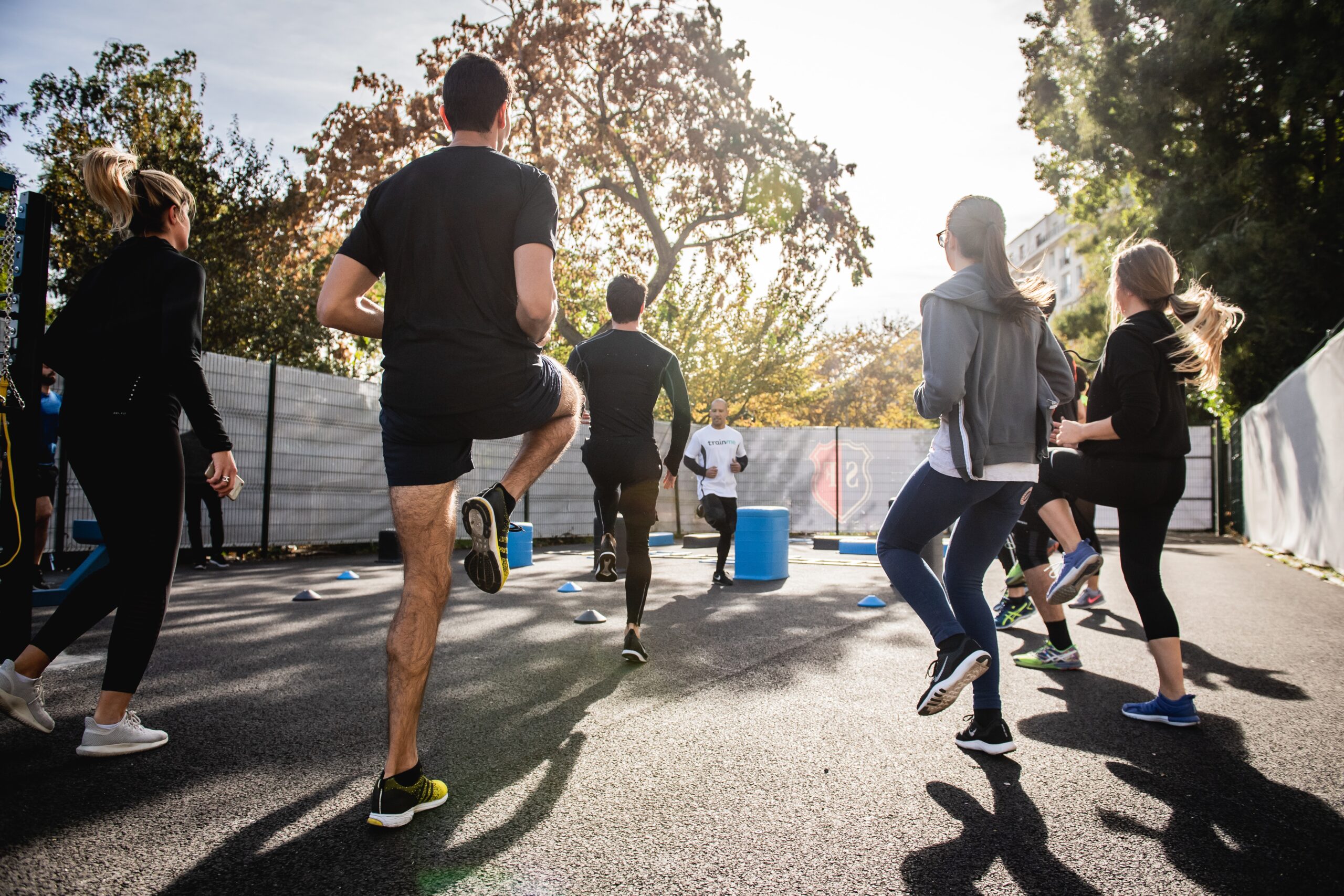In today’s fast-paced and often stressful world, taking care of our mental health is more important than ever. While there are many factors that contribute to our mental well-being, one that often gets overlooked is physical activity.
Physical activity has been shown to have a powerful impact on mental health, reducing stress and anxiety, and improving overall mood. Whether it’s going for a run, taking a yoga class, or simply going for a walk, engaging in regular exercise can have a profound effect on our mental well-being.
The Science Behind It
When we engage in physical activity, our bodies release endorphins, which are often referred to as the body’s natural feel-good chemicals. These endorphins interact with receptors in our brain, reducing pain and increasing feelings of pleasure and well-being.
In addition to endorphins, physical activity also increases the production of serotonin, a neurotransmitter that helps regulate mood. Higher levels of serotonin have been linked to improved mood, reduced anxiety, and increased feelings of happiness and well-being.
Stress Relief
One of the most significant benefits of physical activity on mental health is its ability to reduce stress. When we’re stressed, our bodies release cortisol, a hormone that can have a negative impact on our mental well-being. Engaging in regular exercise helps to lower cortisol levels, reducing stress and promoting a sense of calm and relaxation.
Physical activity also provides a healthy outlet for pent-up energy and emotions. Whether it’s hitting a punching bag, going for a swim, or practicing yoga, exercise allows us to release tension and frustration, leaving us feeling more relaxed and at ease.
Anxiety Reduction
Anxiety is a common mental health condition that affects millions of people worldwide. Fortunately, physical activity has been shown to be an effective tool in managing and reducing anxiety symptoms.
Engaging in regular exercise helps to distract us from anxious thoughts and worries, allowing us to focus on the present moment. It also promotes the release of endorphins and other neurotransmitters that can help reduce anxiety and improve mood.
Improved Sleep
Getting a good night’s sleep is essential for our overall mental well-being. Lack of sleep can contribute to increased stress, anxiety, and even depression. Physical activity has been shown to improve sleep quality, making it easier to fall asleep and stay asleep throughout the night.
When we engage in regular exercise, our bodies become tired, making it easier to fall asleep and achieve a deep, restful sleep. Exercise also helps to regulate our body’s internal clock, ensuring that we feel tired at night and awake and alert during the day.
Getting Started
If you’re new to exercise or haven’t been physically active in a while, it’s essential to start slowly and gradually increase your activity level. Find activities that you enjoy and that fit into your schedule. Whether it’s going for a walk, joining a sports team, or taking a dance class, the key is to find something that you look forward to and will stick with in the long term.
Remember, any amount of physical activity is better than none. Even small changes, like taking the stairs instead of the elevator or going for a short walk during your lunch break, can have a positive impact on your mental health.
So, if you’re looking for a natural and effective way to improve your mental well-being, consider incorporating physical activity into your daily routine. Your mind and body will thank you for it!


